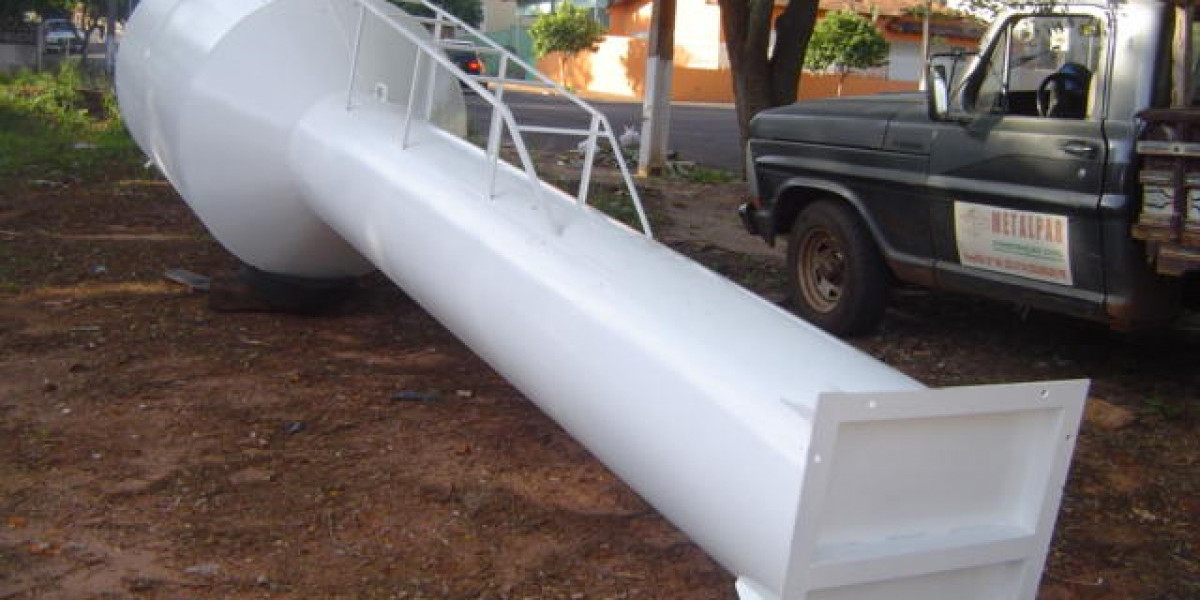
In the world of logistics and supply chain management, pallets play a crucial role in ensuring the safe and efficient transportation of goods. While new pallets are always an option, the market for used pallets has gained significant traction due to its cost-effectiveness and environmental benefits. For businesses looking to optimize their operations without breaking the bank, used pallets offer a viable solution. This article delves into the world of used pallets for sale, exploring their types, benefits, and how to navigate the market effectively.

What Are Used Pallets?
Used pallets, also known as refurbished or recycled pallets, are pallets that have been previously utilized for shipping and storage purposes. They are typically made of wood, plastic, metal, or composite materials and can be found in a variety of sizes and configurations. After being used, these pallets are inspected, cleaned, and sometimes repaired to ensure they meet the necessary standards for reuse.
Types of Used Pallets
Wood Pallets
- Standard Wood Pallets: These are the most common type of pallets, made from hardwood or softwood. They are durable, repairable, and widely accepted in various industries.
- Stringer Pallets: These pallets have three parallel pieces of wood (stringers) that support the top deck. They are lighter and less expensive than block pallets but may not be as stable.
- Block Pallets: These pallets have blocks of wood at each corner and in the middle, providing better stability and easier handling. They are often used in automated systems.
Plastic Pallets
- HDPE Pallets: High-density polyethylene (HDPE) pallets are lightweight, durable, and resistant to chemicals and moisture. They are ideal for clean environments and industries that require high hygiene standards.
- Nestable Pallets: These pallets can be stacked inside one another to save space during storage and transport. They are particularly useful for returnable and reusable systems.
Metal Pallets
- Steel Pallets: Known for their extreme durability and resistance to fire, steel pallets are often used in heavy-duty applications and industries where safety is paramount.
- Aluminum Pallets: Lightweight and corrosion-resistant, aluminum pallets are suitable for industries that require frequent handling and long-term use.
Composite Pallets
- Paper Pallets: Made from corrugated materials, paper pallets are lightweight and eco-friendly. They are often used for one-way shipping and are easily recyclable.
- Hybrid Pallets: These pallets combine different materials, such as wood and plastic, to offer a balance of strength and cost.
Benefits of Used Pallets
Cost-Effective
- Used pallets are generally less expensive than new ones, making them an attractive option for small and medium-sized businesses. The savings can be substantial, especially when purchasing in bulk.
Environmental Impact
- By opting for used pallets, businesses contribute to reducing waste and the demand for new raw materials. This aligns with sustainability goals and helps in minimizing the carbon footprint.
Quality and Durability
- Many used pallets are still in excellent condition, having undergone rigorous inspection and repair processes. They can often last as long as new pallets, especially if they are well-maintained.
Flexibility
- Used pallets come in a wide range of sizes and types, allowing businesses to choose the best fit for their specific needs. This flexibility can be particularly beneficial for companies with diverse product lines.
How to Buy Used Pallets
Research and Identify Needs
- Determine the Type: Decide whether you need wood, plastic, metal, or composite pallets based on your industry requirements and budget.
- Consider the Size: Ensure that the dimensions of the pallets you purchase are compatible with your equipment and storage facilities.
- Check the Condition: Look for pallets that are in good condition, with minimal wear and tear. Some providers offer grading systems to help you assess the quality.
Find Reliable Suppliers
- Local Suppliers: Check with local pallet recycling centers, wood yards, and industrial suppliers. They often have a steady supply of used pallets and can provide them at competitive prices.
- Online Marketplaces: Websites like Alibaba, Pallet Deals, and Used Pallets Now offer a wide selection of used pallets from various sellers. These platforms can be especially useful for finding specific types or quantities.
- Industry Associations: Joining pallet industry associations can provide access to a network of trusted suppliers and valuable resources.
Inspect Before Buying
- Visual Inspection: Look for signs of damage such as broken boards, loose nails, or warped surfaces.
- Structural Integrity: Ensure that the pallet can support the weight of the goods you plan to ship. Check for any structural weaknesses or cracks.
- Cleanliness: Make sure the pallets are free from dirt, chemicals, and contaminants. This is crucial for maintaining hygiene and avoiding damage to products.
Negotiate and Purchase
- Bulk Discounts: Buying in bulk can often lead to significant cost savings. Negotiate with suppliers to get the best deal.
- Delivery Options: Discuss delivery and pick-up options with your supplier. Some may offer in-house delivery services, while others may require you to arrange transportation.
FAQs About Used Pallets
Q: Are used pallets safe to use?A: Yes, used pallets can be safe if they are properly inspected and repaired. Look for certified suppliers who follow strict quality control standards.
Q: How do I determine the condition of a used pallet?A: Check for visible signs of damage, such as broken boards, loose nails, and Agrony structural weaknesses. Some suppliers use grading systems (e.g., Grade A, Grade B) to indicate the condition.
Q: Can I reuse plastic pallets multiple times?A: Yes, plastic pallets are highly durable and can be reused multiple times. They are also easy to clean and maintain, making them a popular choice for industries with high hygiene standards.
Q: Are there any regulations for using used pallets?A: Yes, there are regulations regarding the use of pallets, particularly in international shipping. Ensure that the pallets you purchase meet the necessary standards, such as IPPC (International Plant Protection Convention) for wooden pallets.
Q: How do I dispose of used pallets?A: Many pallet suppliers offer recycling services. Alternatively, you can donate them to local charities or use them for DIY projects. Always check with local regulations to ensure proper disposal.
Tips for Maintaining Used Pallets
Regular Inspections
- Daily Check: Conduct daily inspections to identify any immediate issues that may affect the safety and efficiency of your operations.
- Detailed Review: Perform more thorough inspections periodically to assess the overall condition and durability of your pallets.
Proper Storage
- Dry Conditions: Store pallets in a dry and well-ventilated area to prevent moisture damage and mold growth.
- Organized Stacking: Use proper stacking methods to avoid uneven loads and potential accidents.
Cleaning and Maintenance
- Regular Cleaning: Keep pallets clean and free from debris, dust, and contaminants. Use appropriate cleaning agents based on the material.
- Repairs: Address any repairs promptly to extend the life of your pallets. This includes replacing broken boards, tightening loose nails, and reinforcing weak spots.
Training and Safety
- Employee Training: Train your employees on proper handling and use of pallets to prevent accidents and damage.
- Safety Gear: Ensure that employees use appropriate safety gear, such as gloves and safety shoes, when handling pallets.
Used pallets for sale offer a cost-effective and environmentally friendly solution for businesses in need of reliable shipping and storage platforms. By understanding the types of used pallets available, their benefits, and how to navigate the market, businesses can make informed decisions that enhance their operations and contribute to sustainability. Whether you are a small startup or a large corporation, the market for used pallets can provide the right solution for your needs.
Additional Resources
- Pallet Industry Associations: Joining these associations can provide valuable insights and networking opportunities.
- Quality Standards: Familiarize yourself with industry-specific quality standards and regulations.
- Recycling Programs: Explore local recycling programs to ensure responsible disposal of used pallets.
By following these guidelines and tips, businesses can effectively utilize used pallets, optimizing their logistics and supply chain operations while also promoting environmental responsibility.






